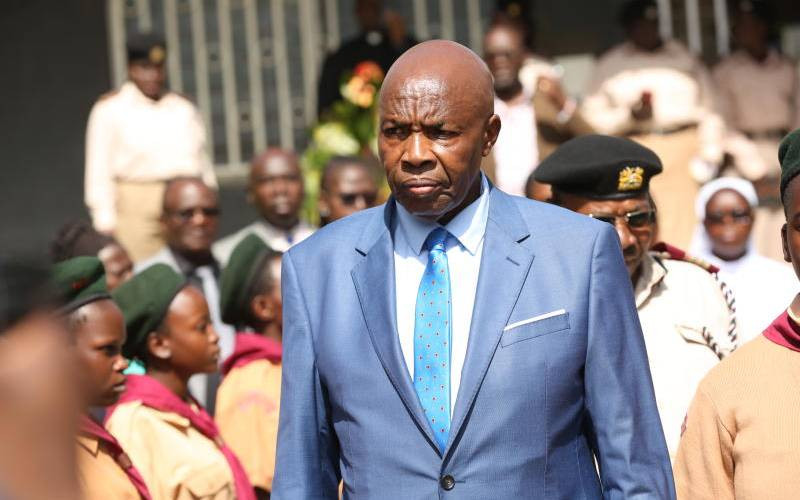×
The Standard e-Paper
Join Thousands Daily

Education CS Ezekiel Machogu inspects guard of honor when he toured Mukumu Girls' High school on May 27, 2023. [Mumo Munuve, Standard]
Schools will now operate six hours a day during weekdays, the government has ordered.